
BLOG
Would a school leader consciously offload problematic teachers onto other schools by hiding allegations of abuse and sexual misconduct?


Author: 10k Schools
Categories
- 10k Schools (10)
- Background Checks (6)
- Know Your People (5)
- Safeguarding (8)
- Safer Recruitment (7)
For more information or to Book a Call today, please click below:
Let’s look at the statistics of a Western, developed education system:
- at any one time, 10% of students aged 4 to 16 are the target of school employee sexual misconduct.
Q – Why do certain school employees sexually abuse students?
A – Because they can!!
“Passing the trash” as it is known in the US, refers to a troubling phenomenon in educational institutions where teachers or staff accused of misconduct, particularly of a sexual nature, are allowed to quietly resign or leave one school only to be hired by another without proper disclosure of the allegations. This practice has serious implications for student safety and the overall integrity of the education system.
Here is what a study on the subject found in May 2022:
- While all states require prospective employers to conduct criminal background checks on educators, only 27 states require prospective employers to also check applicants’ employment history, eligibility and disciplinary status, according to a report published Wednesday by the U.S. Department of Education.
- Of those 27 states, 19 require employers to request information like personnel files and employment history from applicants’ current and former employers prior to hiring. Only 11 of the 27 require applicants to share any history regarding investigations or disciplinary actions related to sexual abuse or misconduct. So, “Passing the trash” is a term used in the US education system but the problem cannot only remain within the borders of 1 country. Data and statistical analysis is not available for many countries but we must assume that this is occurring elsewhere.
Key Points:
- Problematic Cycle: Individuals accused of misconduct may be allowed to resign or quietly leave a school to avoid the public attention or legal consequences associated with formal investigations.
- Lack of Accountability: There is often a lack of accountability and transparency in reporting these incidents to subsequent employers, enabling the accused individuals to move between schools without their history being known.
- Potential for Harm: This practice poses a serious risk to students, as individuals with a history of misconduct may find new opportunities to engage in harmful behavior in different educational settings.
- Impact on Trust: Passing the trash erodes trust in the education system. Parents, students, and the community should be able to trust that schools prioritize the safety and well-being of students.
- Legal and Ethical Concerns: The practice raises legal and ethical concerns, as schools have a duty to protect their students and should not enable individuals with a history of misconduct to evade accountability.
- Need for Safeguarding Protocols: Implementing robust safeguarding protocols, including thorough background checks, reference checks, and a commitment to transparent communication about any misconduct allegations, is crucial to addressing and preventing the continuation of passing the trash.
- Collaborative Efforts: Collaboration between schools, educational authorities, and law enforcement is essential to ensure that individuals with a history of misconduct are appropriately identified and prevented from moving between schools without disclosure.
- Public Awareness and Advocacy: Raising public awareness about passing the trash and advocating for policies that promote accountability and transparency in the hiring process is important for preventing the perpetuation of this harmful practice.
Addressing passing the trash requires a collective effort to prioritise student safety, uphold ethical standards, and foster a culture of transparency and accountability within the education system.
FIND A SOLUTION TAILORED TO YOU
![]()
Privacy Policy | Terms and Conditions | Cookie Policy
Copyright 2024


